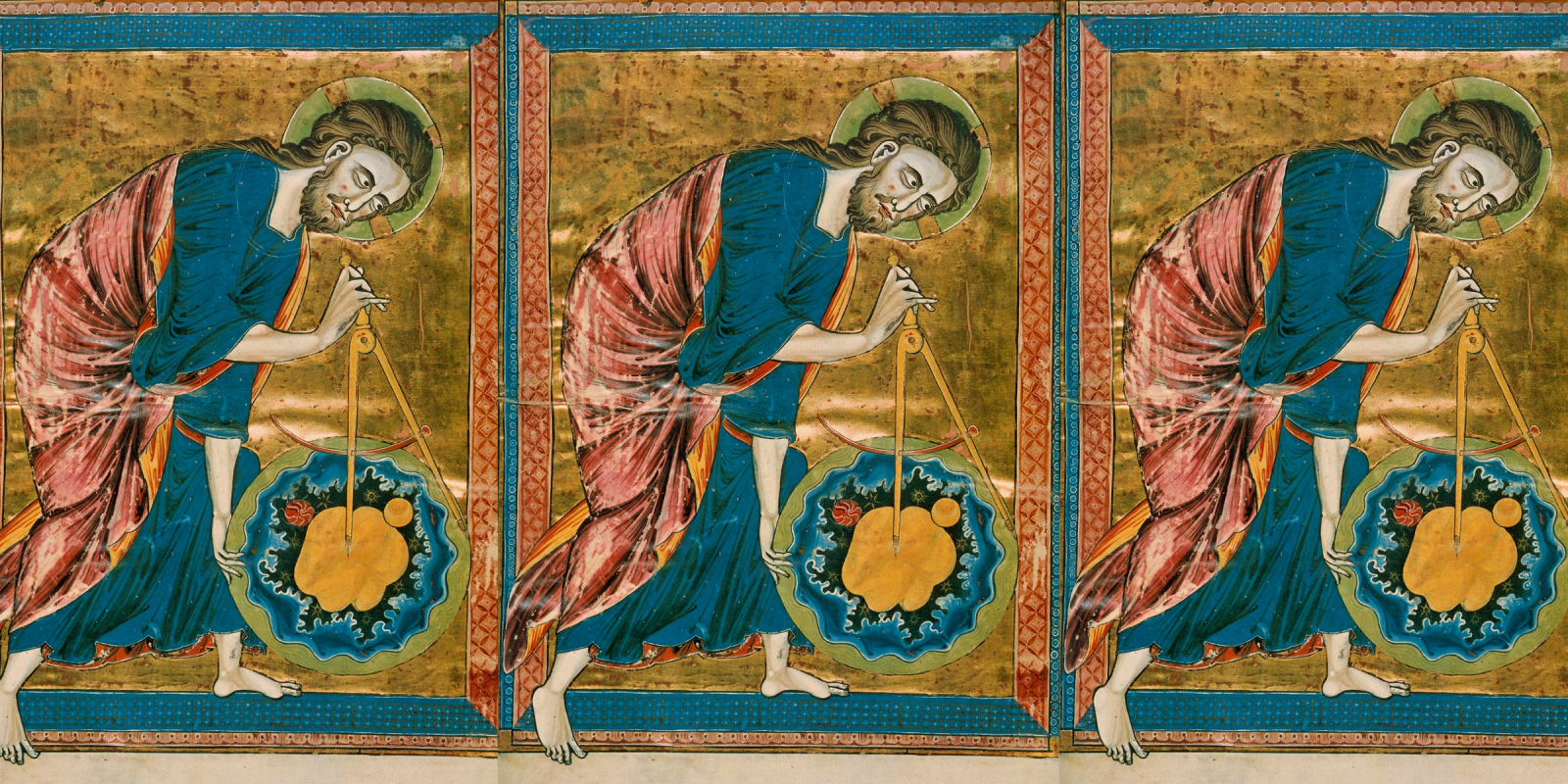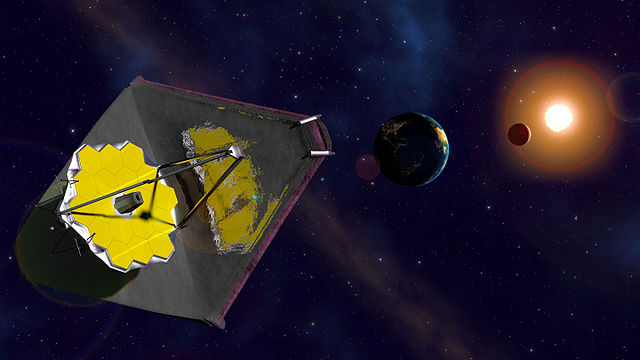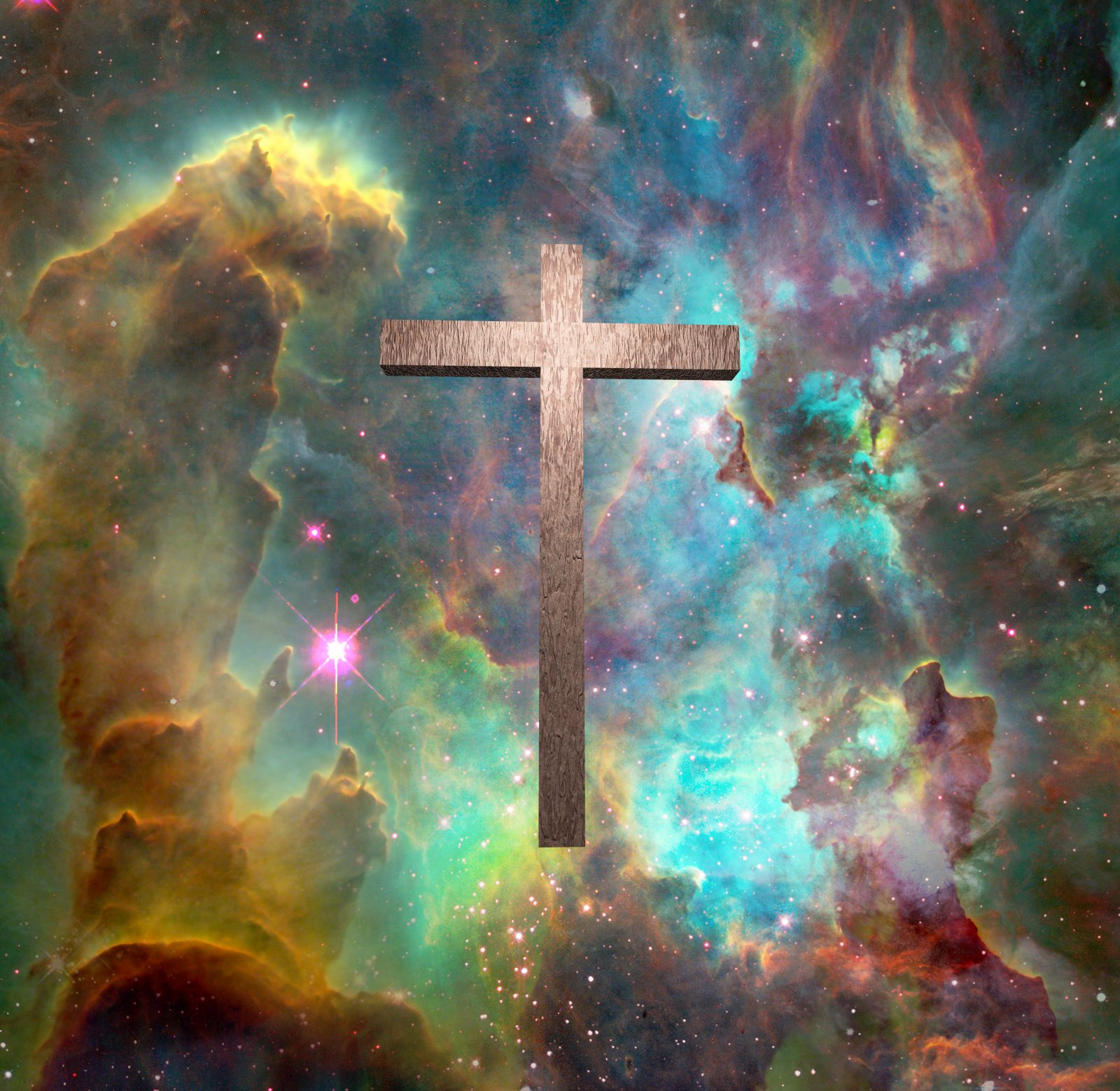


Human Skeletal Joints—Engineering Masterpieces, Pt. 2
Today’s ID the Future completes a talk by award-winning British engineer Stuart Burgess, who explains how the human ankle and wrist joints offer powerful evidence of engineering genius. Burgess is answering evolutionist Nathan Lents, who has argued that human joints are badly designed and, therefore, evidence against intelligent design and for Darwinian evolution’s blind trial-and-error process. According to Burgess, Lents ignores—and seems to be ignorant of—the many ingeniously engineered features of our joints, leading Lents to make easily refuted claims. For example, Lents says an ankle with fused bones would be a superior design to a healthy human ankle. Not if the person hopes to play squash or tackle any number of other activities that require the suppleness and responsiveness of the human ankle, Burgess notes. Burgess’s lecture was taped at the 2022 Westminster Conference on Science and Faith in the greater Philadelphia area. The conference was jointly sponsored by Westminster Theological Seminary and Discovery Institute’s Center for Science and Culture.

William Dembski on Scientism, Science, and Christian Faith
On today’s ID the Future, philosopher William Dembski and host Casey Luskin explore the relationship between science and faith. What is science? What is faith? How does Christianity define faith? Dembski explains that faith in the Judeo-Christian tradition is not the opposite of reason; at the same time, faith possesses a relational component—trust in a just, gracious, and reasonable God—that goes beyond mere assent to propositions. As for science, Dembski describes it as a careful search for truths about the natural world, including truths about key elements such as the birth of our fine-tuned universe and the origin of living things. Dembski says that he is convinced that scientific discoveries, unshackled from atheistic blinders, point strongly to intelligent design as the best explanation for life and the universe, a conclusion friendly to theism. As Dembski also notes, science was invented by theists, most of them Christians. They were motivated to search out the rational underpinnings of a cosmos because they believed it was fashioned by a rational designer. The occasion for the conversation is the recent Harvest House anthology, The Comprehensive Guide to Science and Faith: Exploring the Ultimate Questions about Life and the Cosmos, which Dembski co-edited and contributed a pair of chapters to. Get your copy here.

Jay Richards on the Art of Answering Theistic Evolutionists
On today’s ID the Future, philosopher Jay Richards offers advices on engaging with evolutionists over the issues of origins, evolution, and intelligent design. In his conversation with host Casey Luskin, he says that if someone tells you he’s a theistic evolutionist, first find out what he means by theism and evolution. The latter term, in particular, can have widely varying meanings, and the average lay persons who see themselves as theistic evolutionists likely see God as actively and creatively working in the history of life to steer evolutionary outcomes, including the origin of humanity. What they may not realize is that such a view takes them well outside the bounds of what academic theistic evolutionists generally mean by the term evolution, particularly those theistic evolutionists who publicly defend evolutionary theory generally. Richards says that these academics hold to an internally incoherent view in many cases, and he encourages intelligent design proponents to surface that incoherence whenever the opportunity arises. For those who are willing to consider the evidence for intelligent design, Richards lists what he sees as the most rhetorically effective lines of evidence to present to people. The occasion for the conversation is Richards’ two chapters in the recently released Harvest House anthology, The Comprehensive Guide to Science and Faith.

Bijan Nemati on What the James Webb Telescope May Discover
Today’s ID the Future explores with physicist and space telescope expert Bijan Nemati the amazing discoveries that may await us when the singularly powerful James Webb space telescope goes on line in summer 2022. Nemati and host Jay Richards, co-author of The Privileged Planet, discuss the telescope’s ability to see far deeper into space than any previous telescope, and further into the past. If all goes well it will be able to see so far into the past, Nemati says, that we will get glimpses of the universe close to when galaxies were first forming, not long after the Big Bang. These glimpses may confirm our most current ideas of early cosmic history and galaxy formation, or turn them on their head. Nemati also explains how the new space telescope, already launched and arrived at its orbital point in space, will provide us potentially exciting new information about extrasolar planets. What are the telescope’s strengths and weaknesses, and are there any other telescopes in the works to complement the Webb telescope? As a matter of fact, Nemati himself is working on one of those future telescopes, and he gives Richards and podcast listeners a sneak peek at the project.

Casey Luskin Reviews Three Views on Christianity and Science
On today’s ID the Future, host Tom Gilson and guest Casey Luskin discuss a new book Luskin recently reviewed at Evolution News, Three Views on Christianity and Science. Luskin, associate director of Discovery Institute’s Center for Science and Culture, summarizes the three views covered in the book: the independence view presented by Michael Ruse, the dialogue view presented by Alister McGrath, and the constrained integration view presented by Bruce Gordon. Luskin critiques the first two and argues that the dialogue view, in practice, quickly devolves into a monologue where religion is supposed to sit down and shut up the moment there is a point of difference between religion and consensus science. He says this is doubly problematic because (a) scientists are fallible and the scientific consensus changes; it’s not an infallible guide; and (b) key founders of modern science were inspired by a genuine cross-fertilization between scientific and theological reflection as opposed to a faux dialogue where all the influence moves only in one direction, from scientific consensus to religion. Luskin further points out that theistic evolutionists, such as those involved with the BioLogos group, promote the dialogue view but tend to quickly cede ground when evolutionary materialists muscle their way into an area previously claimed by a religious explanation. Luskin gives the example of theistic evolutionist and BioLogos founder Francis Collins pointing to universal human morality as something best explained not but by blind evolution but by the idea of humans made in the image of God. Luskin adds that this explanation apparently even played a role in bringing Collins to belief in God. In contrast, evolutionary psychology insists on explaining human personality in purely materialistic evolutionary terms, and as it has expanded its influence in recent years, BioLogos has tended to steer away from this very argument that helped bring their founder to belief in God. A better approach, Luskin argues, is the third one in the book, the constrained integration view advocated by CSC senior fellow Bruce Gordon.

Return of the God Hypothesis: Q&A with Stephen Meyer, Pt. 2
On today’s ID the Future Stephen Meyer continues fielding questions about his new book, Return of the God Hypothesis. The occasion was a live Zoom event for people who had pre-ordered the book. Daniel Reeves emceed, and here in the second part, Meyer rebuts the objection that intelligent design is an argument from ignorance. He also answers another objection, namely that our uniform experience with designing minds is that minds are embodied in material brains and yet Meyer seems to infer a non-embodied mind as the explanation for the design of life and the universe. Meyer also lists some prominent scientists who have either endorsed the book or championed key arguments in the book. Meyer is the Director of Discovery Institute’s Center for Science and Culture. Reeves is the CSC’s Director of Education and Outreach.

God Hypothesis Returns: Frank Turek and Stephen Meyer Report
Today’s ID the Future episode features excerpts from a lively conversation with Frank Turek as host and Stephen Meyer as guest. The focus: Meyer’s new USA Today bestseller, Return of the God Hypothesis: Three Scientific Discoveries that Reveal the Mind Behind the Universe.* The two discuss the new book, and Meyer fields questions from the audience. The conversation originally appeared on Turek’s national radio show, CrossExamined, and the excerpts from that longer interview are used here with permission.

Cornelius Hunter on the Determinedly Determinist
On this ID the Future Cornelius Hunter discusses the controversy over determinism and free will. Joined by host Michael Keas, Dr. Hunter, a specialist in biophysics and computational biology, takes listeners all the way back to Aristotle, then to Newton, then to Pierre-Simon Laplace, who theorized that a sufficient computation could determine the future based on just the universe’s initial conditions and the laws of nature. Laplace was a physical determinist, in other words, one who holds that the laws of nature determine everything. That includes human choices, which determinists today, such as German theoretical physicist Sabine Hossenfelder, take to be merely an illusory experience. But it’s “an irrational rejection of evidence” on their part, Hunter argues; evidenced by how blithely they sweep it aside.

Fine Tuning in a Nutshell: No Problem
On this episode of ID the Future, Andrew McDiarmid interviews Robert Alston, Ph.D electrical engineer working at Picatinny Arsenal and co-author of the new book Evolution and Intelligent Design in a Nutshell. The two discuss the origin of the Nutshell book and the origin and fine tuning of the universe. Though cosmic fine tuning is often referred to as “the fine tuning problem,” Alston says it’s really no problem at all — not unless you’re trying to shoehorn it into the box of philosophical materialism.